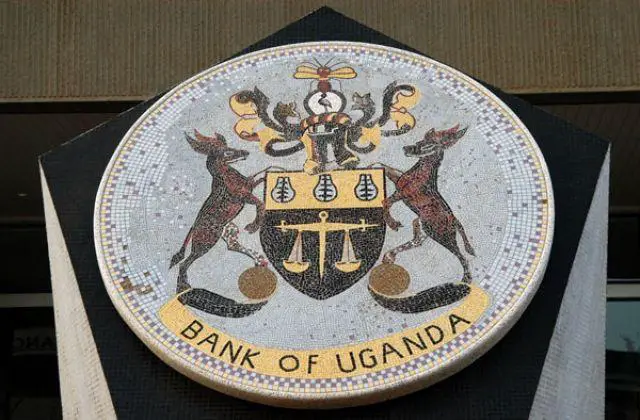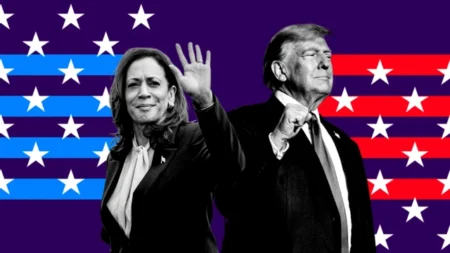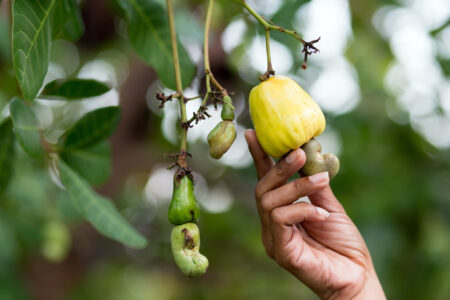Uganda’s Central Bank appointed seven banks to compete at its auctions of treasury bonds and bills, reforming the primary dealership system in a bid to bolster the country’s economy.
At each auction, the primary dealer banks will bid above $54,040.08 and then resell the bonds to other investors on the secondary market.
The primary dealer banks include Centenary, ABSA, bank of Baroda, Development Finance Company of Uganda (DFCU), Stanbic Bank, Housing Finance Bank and Standard Chartered Bank. Experts in Uganda say that the move will improve the attractiveness of the country’s treasuries to investors at home and overseas.
These investors include overseas buyers, non-primary dealer commercial banks, firms and ordinary Ugandans that are looking to enjoy interest payments from government and to use the treasuries as collateral.
“In order to enhance liquidity in the secondary market, effective October 01, 2020, competitive bidding in the primary market for Government securities shall be limited to only Primary Dealer Banks,” said Prof. Emmanuel Tumusiime-Mutebile, the Governor Bank of Uganda.
He also added that the changes are aimed at improving the buying and selling government treasuries ponting out that 2019/20 financial year, the turnover in the secondary market was 41 per cent of the total outstanding stock of Government securities.
This means that 59 per cent of the total outstanding stock of Government securities was not traded and was held until maturity.
The governor also added that South Africa’s government treasuries change hands at least 12 times in a year, which significantly increases liquidity in the market. It also enhances the attractiveness of the securities since the abundance of buyers and sellers facilitates the ease of entry and exit into the financial market.
“It also strengthens a country’s ability to withstand exogenous shocks to the economy, as offshore investors would be more assured of stability in prices as opposed to the expectation of heightened volatility in illiquid markets,” Prof. Mutebile said.
“I think the agenda is to open this market and get a large pool of Ugandans participating. This helps the ministry of finance and economic development and Bank of Uganda to achieve their macro and microeconomic policies,” said Joram Ongura, the Associate Vice President Trading East Africa at EFG Hermes.











